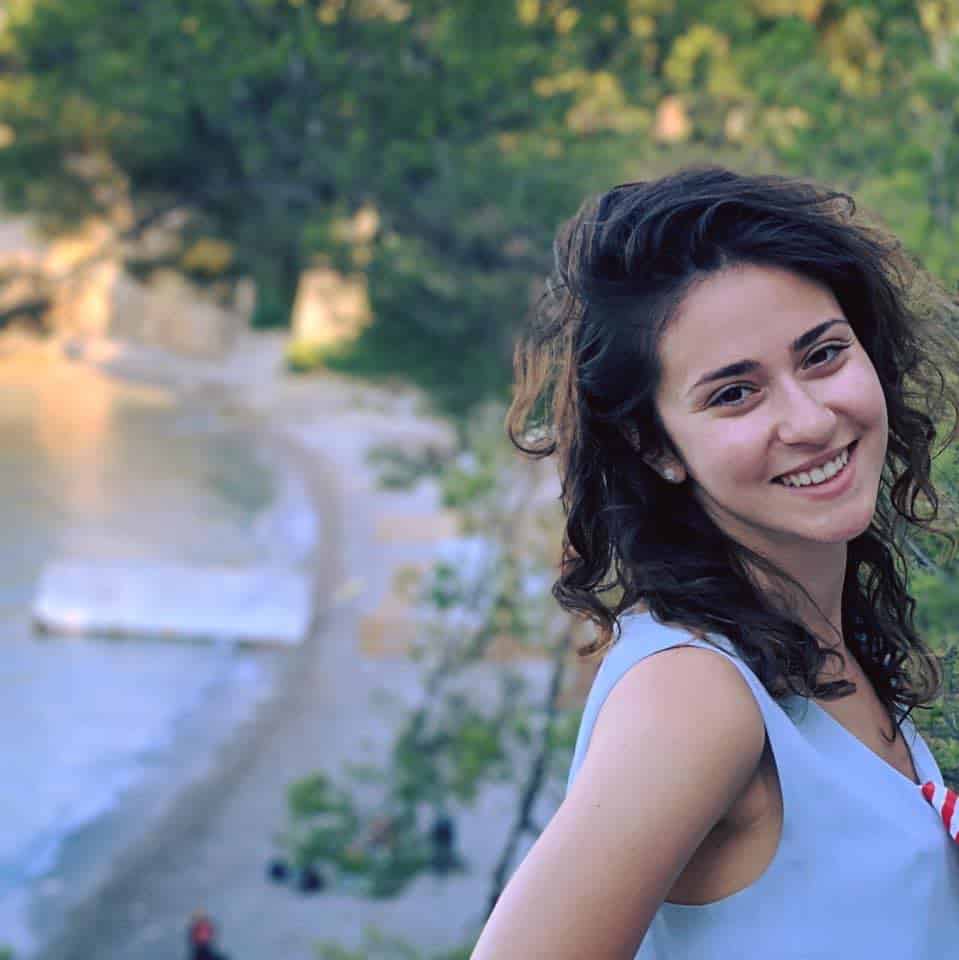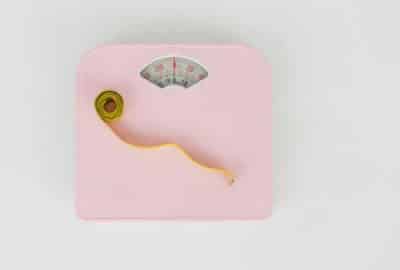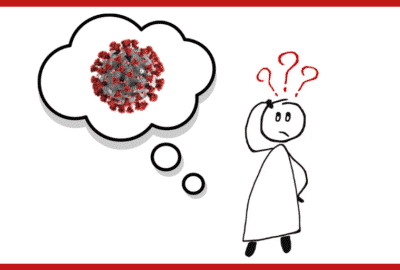Should I feel guilty eating turkey at my Christmas dinner?
Wednesday 14th Dec 2022, 12.30pm
While the tradition of eating turkey at Christmas can be traced back to Henry VIII, it’s really only been a staple part of our Christmas dinner since the early 20th Century. However, in the UK, it’s now hard to imagine a Christmas spread without a turkey at its centre! But – with meat consumption linked to negative impacts on both our health and the planet – should we feel guilty about enjoying this part of the festive feast? In the opinion of social psychologist Elif Naz Çoker, the answer is no, you shouldn’t feel guilty – turkey is a wonderful treat for a special occasion. However, we should try and reframe our attitudes towards meat consumption, and see it as an occasional indulgence rather than a daily staple. Join us for this Christmas episode of the Big Questions Podcast, where Elif shares some of her tips for making the transition to a less meat-centric diet.
(Music)
Emily Elias: It’s the most wonderful time of the year. When it is your patriotic duty to test out the elastic in your pants and feast on chocolate and roast dinners. But, with climate change, should we ho-ho-hold the turkey? On this episode of the Oxford Sparks Big Questions podcast, we’re asking, “Should I feel guilty eating turkey at my Christmas dinner?”
Hello, I’m Emily Elias, and this is the show where we seek out the brightest minds at the University of Oxford and we ask them the big questions. And for this one we found a researcher who wants you to think about how your diet affects the climate.
Elif Naz Çoker: So, my name is Elif, I’m originally from Turkey and I am a third year PhD student here at the University of Oxford. I’m a social psychologist by training and I study behavioural changes and social norms. Social norms are the unwritten rules of society that dictate what are the expected or desired behaviours in a setting. And I study these expectations in the context of eating behaviour and I’m looking at the social influence we have on one another when we try to reduce our meat consumption.
Emily: So, looking at British society, I mean, how much meat are we eating?
Elif: We are eating a lot more than we’re supposed to. In fact, about three times more than what nutritionists recommend. But this is a very recent trend. So in the early 1900s the average British citizen ate about 24kg of meat per year. In the ‘60s this increased to 70kg per year and then in the 2000s up to 85kg per year. And so this increase happened with an average increase of income and also industrialised production of livestock and other animal products.
The government also heavily subsidise meat and dairy farmers, so all of a sudden meat became very commonplace and cheap and accessible for a lot of people.
Emily: So how did turkey find its way onto our Christmas dinner plate? When did we start eating that?
Elif: Nowadays it feels like the turkey is an un-negotiable part of the Christmas dinner, but, actually, this is only about a 90 year tradition. So turkey arrived to the UK in the 16th century, so the bird has been around for a while, but it hasn’t been integral to the Christmas feast until 1930s. Charles Dickens, actually, was particularly fond of the turkey and he did play a big role in popularising it. Yes, so it was only in the first half of the 20th century that Turkey became central to our Christmas dinner.
Emily: So it hasn’t been there forever, but it does feel like it is a central part. Obviously there is climate change on the horizon and people are doing their little parts to help. How do you go about changing somebody’s attitude to removing turkey from the table?
Elif: I don’t think that eating turkey for Christmas necessarily has to change. I think Christmas is a very special occasion where we come together and we feast. What does need to change is how much meat we consume on other days, sort of reframing consuming meat as a treat. You know, something that we only do on holidays or special occasions. So if you see it as something that marks the special occasion, that can help us reduce our consumption. And also decrease our footprint and help mitigate climate change.
Meat production in particular has a massive impact on the planet. It contributes to greenhouse gas emissions, but it also uses a lot of land and water that could be used for other agricultural practices, such as raising more diverse fruits and veg for people. But it also threatens biodiversity. When we have so many animals taking over land, we are also jeopardising the biodiversity of our ecosystem.
So one thing that we can do when we are eating our turkey during our Christmas feast is thinking about the journey that this food had to have. So what was the impact of rearing the turkey? How much land and water did feeding it use up? What are the greenhouse gas emissions that this turkey farm is releasing? And what are the threats of biodiversity into our ecosystem that rearing so much poultry cause? So if you think about the whole journey of the food, then we would be more able to make better choices.
Emily: So what if I decided, “Okay, I’m going to look at my Christmas plate. Instead of making turkey the star of it, I’m going to focus on my veg, I’m going to focus on my roast potatoes,” which is personally my favourite part. How would that change the landscape of climate change?
Elif: It can mean better health of ourselves, so the population health, but also better health for the planet. So right now what we’re doing in the UK is we’re over-consuming meat. On average, three times more than the recommended amount by nutritionists. This leads to increased risk of cardiovascular disease, colorectal cancer, and also is usually an indicator of over-consumption of other foods as well. So it can be an indicator of being overweight or obese.
And so if we were to cutback and if we were to load up our plates with more vegetables that are fibrous, low in sugar, low in fat, these can help us maintain a healthier lifestyle. For the environment side of things, the negative environmental impact of meat products are tenfold, if not more, than those of vegetables. So there is a massive difference of the impact of fruit and veg on the environment compared to meat products.
Emily: So it could really make a difference if we opted to take just a little less turkey on our plate and instead went for the veg?
Elif: Absolutely. And, you know, stepping outside of Christmas for a second, if you had, for example, meat-free week days and then enjoyed meat over the weekends, or came up with these little setups maybe with your family or your roommates if you’re sharing a flat, if you treated meat as a treat, then you would be doing a big difference for your own health and that of the planet as well.
Emily: Okay, so you’re a behavioural psychologist about this. How do you actually go about convincing people to make that dramatic change?
Elif: It is actually quite hard. Eating and food choices are very complex behaviour to target, because of the social and cultural values that are very deeply ingrained. We associate meat with things like wealth, masculinity. We see it as a non-negotiable source of protein, for example. So it is quite hard to target these ingrained habits and tell people to change overnight.
So we have to think, “What is influencing our food choices?” Taste is a really big thing. So familiarising yourself with meat-free recipes that are delicious and flavourful, and trying to understand that a dish doesn’t have to include meat to be complete and to provide a pleasurable experience, could be a good way to start.
Another thing is convenience and what’s on offer. So here a big responsibility falls on the food industry, so to supermarkets and restaurants and so on. They need to alter their offering to make more meet-free options available. Let’s say you go to the supermarket, there are ten sandwiches on the to-go aisle, nine of them include some sort of meat, and then there’s only one sad measly cheese and onion sandwich. I can’t judge you for not wanting to choose that and go for a delicious chicken or bacon sandwich.
So the food industry needs to think about how can we make fruit and veg more attractive and meat-free options more attractive. And then, finally, we’re very heavily influenced by our social peers, especially our friends and family.
Emily: Okay, but if I said to my Nana, “Hey, put the turkey aside, we’re going to eat some festive legumes,” I think she would look at me like I had lost my mind.
Elif: That’s a very fair concern to have. But we tend to forget that, actually, food choice and eating behaviour is very social. We are very much influenced by how others behave around us, especially if they’re close to us like friends and family. And so if, for example, you brought a vegetarian recipe to the family cookout and you offer to cook this for them and teach them how to make it, that could be a very nice uniting experience. And it could help them understand that they can also enjoy meat-free dishes that are tasty and delicious.
Emily: I want to say, “Yes, of course. I’m going to give up my turkey and be this amazing climate warrior,” but I’m probably not. Should I feel guilty about eating turkey at Christmas?
Elif: Absolutely not. I don’t think that’s the way to go. You shouldn’t punish yourself or feel guilty for enjoying meat and eating meat. But what you can do is use Christmas dinner as a great starting point to reframe your meat consumption and see it as a treat, something to mark a special occasion by, rather than something you consume every day.
So, for example, if you’re making up your little Christmas plate, pile up vegetables first. You know, go for some parsnips, some Brussels sprouts, roast potatoes, and then have a few thin slices of turkey, rather than doing it the other way around. So it’s those little changes that will make a big difference.
Emily: Christmas dinner might look a lot different for people this year, just because of the cost of living and the price of food going up so dramatically. I mean, do you have a crystal ball to tell me what you think Christmas dinners could look like this year?
Elif: It’s kind of a bleak picture, right, with inflation impacting almost every household in the UK. And food prices have been one of the things that have increased the most. There has been about a 14% price increase over the past year, and the biggest change happened in milk, cheese, egg and meat products, actually.
So, in the past, meat and dairy farmers have been heavily subsidised in this country by taxpayer money, but inflation has definitely taken a big hit on these industries. This is very sad and, of course, it is very frustrating to not be able to afford whatever you would like to eat.
But maybe a silver lining is to think, “Okay, maybe this is a good time for me to stop over-consuming these items that are becoming more expensive and I will actually treat them as something special. In that way I will keep my budget in shape, but also still eat meat but in a more reasonable amount.” So maybe that’s a positive take on it?
Emily: What are you going to be doing for celebrating the holidays this year?
Elif: So, as I’ve mentioned before, I’m originally from Turkey so we don’t really celebrate Christmas, but instead we have a big New Year’s Eve feast. So, similar to here, we get together with family, we exchange gifts, we have a little tree and we have a big spread of dishes. What we do in the Turkish cuisine is that we don’t really separate dishes into meat and meat-free ones. We just focus on the overall taste and deliciousness.
What we also really care about is variety. So we have these small portions called mezes. They are usually vegetarian by default. And so everyone just takes a little bit of everything, and then we end up with this very colourful and varied plate that is nutritious but also delicious. I think a good way to focus is on the social side of the Christmas dinner and the aspect of being together and enjoying something together, and worrying less about whether you’re eating enough turkey or not.
Emily: So we should take a lesson about turkey from the Turkish?
Elif: Absolutely.
Emily: This podcast was brought to you by Oxford Sparks from the University of Oxford, with music by John Lyons. And a special thanks to our festive friend, Elif Naz Çoker. For our Christmas gift this year, why not rate and review us. We love those little stars, they make our hearts so happy. And you can find us on social media @OxfordSparks, or go to our website: oxfordsparks.ox.ac.uk.
I’m Emily Elias, bye for now.
(Music)
Transcribed by UK Transcription.





